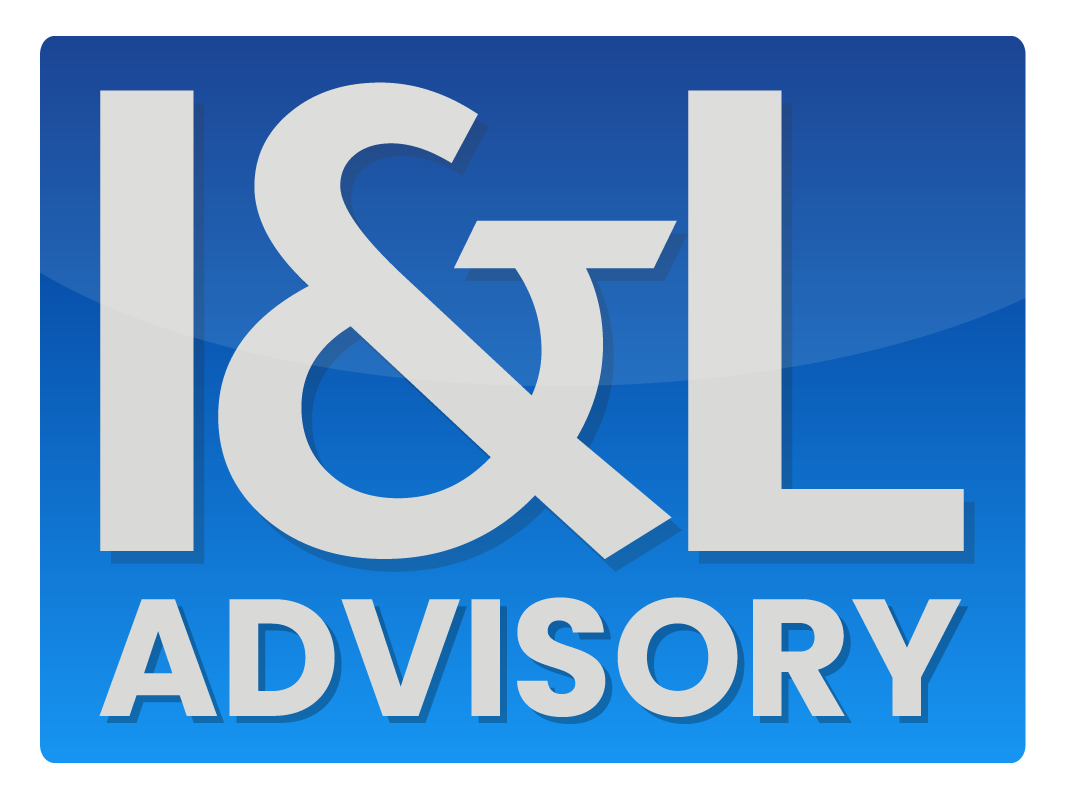
One of the appealing benefits of running a limited company is the ability for directors to receive the majority of their remuneration as dividends. This method is typically more tax efficient than taking a salary solely through PAYE. However, the timing and legality of dividend payments must be carefully considered to avoid the risk of personal liability. Directors must ensure there are sufficient profits in the company to cover these payments.
When Are Dividends Lawful?
The Companies Act 2006 specifies that dividends can only be made from distributable profits. If there are insufficient funds, the payment is considered ‘ultra vires’—beyond the powers of the directors. This means directors do not have the authority to authorise such payments.
Directors should refer to statutory accounts before making a distribution. Preparing up-to-date accounts can provide greater confidence in establishing the legality of the dividend.
Conditions for Lawful Dividend Payments
Before declaring a dividend, several conditions must be met:
- Board Meeting: A meeting should be held to review the level of distributable profits and to declare the dividend. The minutes of this meeting can be used as evidence to HMRC if the legality of the distribution is questioned in the future.
- Dividend Voucher: Recipients must be issued a dividend voucher that includes the company’s name, date, total amount payable, and the shareholders in receipt.
Seeking Professional Guidance
It is advisable to seek professional guidance prior to declaring a dividend. Using incorrect figures from the company’s accounts can lead to unlawful payments. Additionally, corporation tax must be deducted from the company’s profits to determine the distributable profit.
Poor administration can also result in the payment of unlawful dividends. If the company’s financial information is sketchy or unreliable, it can lead to errors. Furthermore, authorising a dividend in hindsight is considered fraudulent.
Tax Implications and Declaring Dividend Income
Individuals are given a tax-free dividend allowance of £2,000 per year. Dividends taken under this amount are not subject to income tax. Dividends above this threshold are taxed according to the individual’s tax band:
- 7.5% for basic rate taxpayers
- 32.5% for higher rate taxpayers
- 38.1% for additional rate taxpayers
Individuals receiving more than £10,000 in dividend income must complete a self-assessment tax return
Repaying Unlawful Dividends
Under the Companies Act 2006, recipients of unlawful dividends may be required to repay the amount. Shareholders are liable if they knew the company couldn’t support the payment at the time of issue. However, if shareholders were unaware of the company’s financial position, or if there is a large group of shareholders, it may not be practical to recover dividends in this way. This shifts liability to the directors who authorised the payment. Directors may be liable for repaying not only their own unlawful dividends but also those distributed to other shareholders.
Unlawful Dividends and Insolvency
The risks associated with issuing unlawful dividends increase significantly if a company enters insolvency, regardless of whether the payment caused the company’s financial downfall. If the company is liquidated, a licensed insolvency practitioner (IP) will be appointed to collect the company’s assets for distribution to creditors. The liquidator will scrutinise payments made to shareholders in the years leading up to insolvency to identify potentially illegal transactions, including unlawful dividends.
If you’re concerned about a dividend payment that may be deemed unlawful, IL Advisory can help. We offer free, confidential consultations to discuss your situation and provide guidance on the best course of action. Get in touch with us now at info@iladvisory.co.uk
